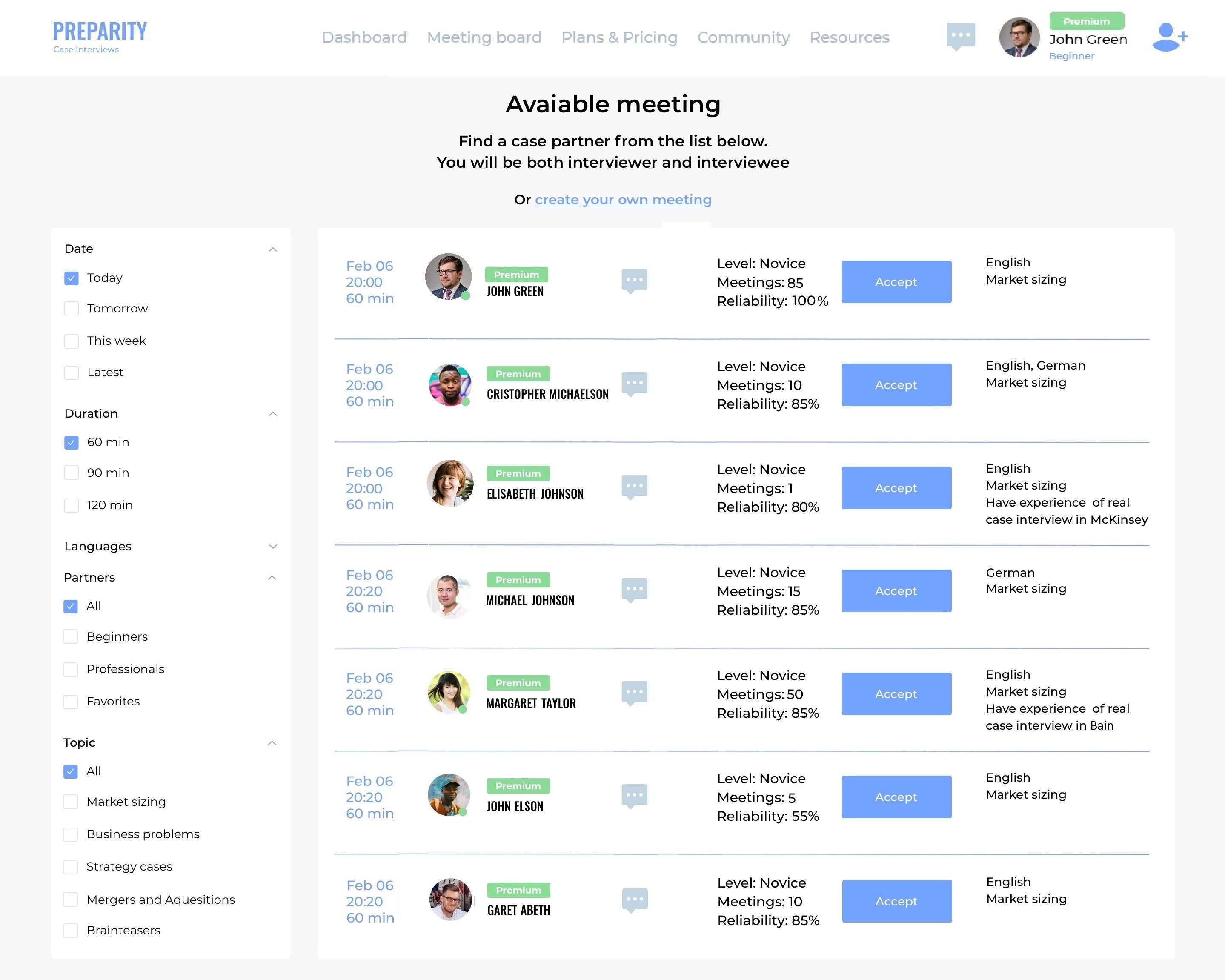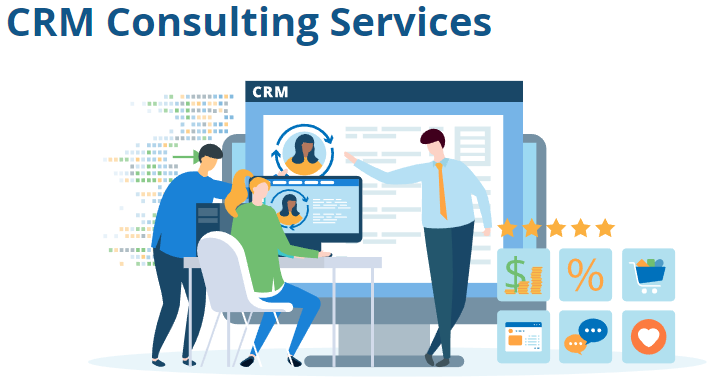
This article will explain the many benefits of corporate financial consulting to companies. Find out how to become a corporate consultant, what the costs are and how you can get your job. You can learn more about career progression and how to get hired to be a corporate fiscal consultant. You'll be happy you did. You'll be glad you did.
Benefits of hiring corporate financial consultants
You can get help from a corporate finance consultant, regardless of whether your company is going through major financial reform or growing. Consultants provide a wide range of services and skills that can assist you in making sound business decisions. You have the option to hire either a part or full-time consultant, depending on what your company needs are. Working as a corporate consultant has many benefits:
A financial consultant can help you analyze your cash flow to create a sustainable business plan that will grow your bottom line. A financial advisor can help you save money, time, and energy. A consultant can help you reach your goals because every business owner has different goals. Their input can be invaluable in financial matters such as setting profit goals or deciding what you should focus on for the future.

Costs for hiring a corporate accountant
A corporate financial consultant may seem like an unnecessary expense but there are many benefits. These consultants can provide valuable advice to your company and help you make better financial decisions. Your accountant can also provide the services of a consultant. These are just a few of the costs involved in hiring a corporate consultant. These are just a few of the important things to consider.
Career advancement opportunities
There are numerous opportunities to progress in corporate financial consultancy. Cost Analysts can start as a Business Analyst, Financial Analyst, or Support Analyst. Mid-level professionals can advance to positions such as Cash Manager, Strategic Planner, and Sr. Financial Analyst. Career advancement in corporate financial consulting is also possible if you have an advanced degree, such as a Masters in Accounting or Chartered Accountant. To be considered for these roles it is essential to have strong analytical and attention-to details skills.
There are many options for corporate financial consulting. The chief finance officer oversees all levels. All other paths follow from there. Financial planning, also known by management accounting, analyses figures and reports. Controllership ensures that the financial information is accurate, and treasury oversees all cash inflows and outflows. You might choose to focus on a specific industry or be a personal financial advisor.
Finding a job as a corporate financial advisor
Being a corporate consultant is a rewarding job. This job often requires you to travel to other locations, and it may also require you to work non-traditional hours. The benefits include dental coverage, health insurance, 401(k),s with match funds, commuter benefits, and paid time off. A financial consultant will require exceptional client service skills along with strong communication and time-management skills. Here are some tips to help you get hired as a corporate finance consultant.

Get a degree or certificate in finance. The financial industry is well-known for working long hours. While financial institutions strive to reduce burnout and encourage financial professionals to work long hours, they should not be expected to do so. As a financial consultant, you'll analyze companies' operations and identify strengths and weaknesses. Your knowledge of investment strategies and accounting will help you find solutions for your client's financial problems.
FAQ
How did modern consultancy become possible?
The first consultants were accountants who helped companies manage their finances. Because they were skilled in managing financial information, they became "accounting consulting". The role soon expanded to include other areas, including human resources management.
The French word for "to advice" was the inspiration behind the term "consultant." This was used by businessmen as a way to describe someone who could provide guidance on running an organization. Many business owners use the term "consultant" to describe any professional advisor.
Why would a company want to hire a consultant for their business?
Consultants provide expert advice on how to improve the performance of your business. Consultants are not here to sell products.
A consultant helps companies make better decisions by providing sound analysis and recommendations for improvement.
Consultants often work closely alongside senior management teams to help understand what they need to succeed.
They offer leadership coaching and training to help employees reach their full potential.
They may advise businesses on reducing costs, streamlining processes, and increasing efficiency.
How do I get clients for my consultancy business?
First, find a subject you're passionate about. You could choose anything from public relations to social media, but it should be something you love. If this is the case, it may be worth starting small by focusing on a niche market such web design. Once you have discovered the niche, understand what it does. What problems can it solve? Why should people use it? What can you do to support them?
You can also approach businesses directly.
If all else fails, why not offer your services at free events like networking evenings and conferences? This will allow you to meet potential customers without the need for advertising and also allows you to showcase your skills.
How is consulting different from freelancing
Freelancers work as independent contractors and offer their services without the assistance of an agency or company. They typically charge hourly rates based on time spent working on a client's project. Consultants are usually employed by companies or agencies. Their salaries are paid usually monthly or annually.
Freelancers tend to have more flexibility than consultants because they control their work hours and set their own prices. Consultants often offer better benefits such as vacation days and retirement plans, health insurance, and vacation days.
Do I require legal advice?
Yes! Yes. Many consultants will create contracts for clients without seeking legal advice. This can cause problems later on. What happens if the client cancels the agreement prior to the consultant's completion? Or what happens if a consultant fails to meet the deadlines in the contract?
To avoid any potential problems, it is best to consult a lawyer.
Who hires consultants
Many organizations have consultants who help them with projects. These can include small businesses and large corporations, government agencies as well non-profits and educational institutions.
While some consultants work for these companies, others are freelancers. The process of hiring depends on the size and complexity the project.
Before you can hire a consultant, there will be several rounds of interviews.
Statistics
- "From there, I told them my rates were going up 25%, this is the new hourly rate, and every single one of them said 'done, fine.' (nerdwallet.com)
- According to statistics from the ONS, the UK has around 300,000 consultants, of which around 63,000 professionals work as management consultants. (consultancy.uk)
- My 10 years of experience and 6-step program have helped over 20 clients boost their sales by an average of 33% in 6 months. (consultingsuccess.com)
- According to IBISWorld, revenues in the consulting industry will exceed $261 billion in 2020. (nerdwallet.com)
- Over 62% of consultants were dissatisfied with their former jobs before starting their consulting business. (consultingsuccess.com)
External Links
How To
How do I find a good consultant?
Understanding your needs is the first step to finding the right consultant. Do you want them to help you improve your website's performance? Do you need them to optimize your site so that it ranks higher in search engines' results? Maybe you want someone to check on your current hosting provider and tell you if it is in need of improvement. After you have decided what services you need, it is time to start looking at potential companies. Many consultants claim to be able to provide these services. However, only a handful of them actually deliver on their promises. How do you select the right consultant for your project? These are some things you should consider when choosing a consultant.
-
Get recommendations. This is probably one of the best ways to find a consultant. Hire someone you don't know because they're likely to charge too much. You also don't want someone with a poor reputation to work for you. It's great if you get recommendations from people you trust. But even if you don't, you still might be able to check reviews online. Look for testimonials and case studies where clients have used your service.
-
Ask around. Many people don't realize that consulting could be beneficial for them. They think that since they're currently doing fine, they don't need to make changes. This is often incorrect. Even if you have great results right now you probably haven't been keeping pace with new technologies or trends. You'll lose out on the opportunities to grow your company if you rely on old methods. Ask around to find a qualified consultant.
-
Verify their qualifications. When you're looking for a consultant, it doesn't matter whether you're building a small blog or launching a multi-million dollar eCommerce store; you want to be sure that whoever you hire has the skills needed to handle your project. Check that they are qualified to complete the tasks and have enough expertise in the chosen area.
-
Find out about the types of projects they specialize. Although it might seem like everyone can do everything, this is not true. Some areas require specific education or training. For example, if you need someone to build a WordPress theme, you won't want to hire a developer who specializes in Drupal. Graphic design and programming languages are all subject to the same rules. Be sure to ask what kinds of projects they typically work on.
-
Be aware of their fees. You don't want a consultant who charges too much. You also don’t want to spend too little. Consultants come in many sizes and shapes. Some charge hourly rates while others bill per project. You can save money by knowing upfront exactly what you will be paying.
-
Know what they offer. Are they providing free consultations? Will they give you advice on how to set up your own system? Are they able to guarantee that your site will rank better after working with you? If you don't like what you hear during your consultation, you should feel confident knowing you can cancel without penalty.
-
Ask if they offer discounts over multiple months or for years. Many consultants offer discounted pricing for extended time periods. Although you do not have to commit to a year, it is possible to take advantage of any offers they may offer.